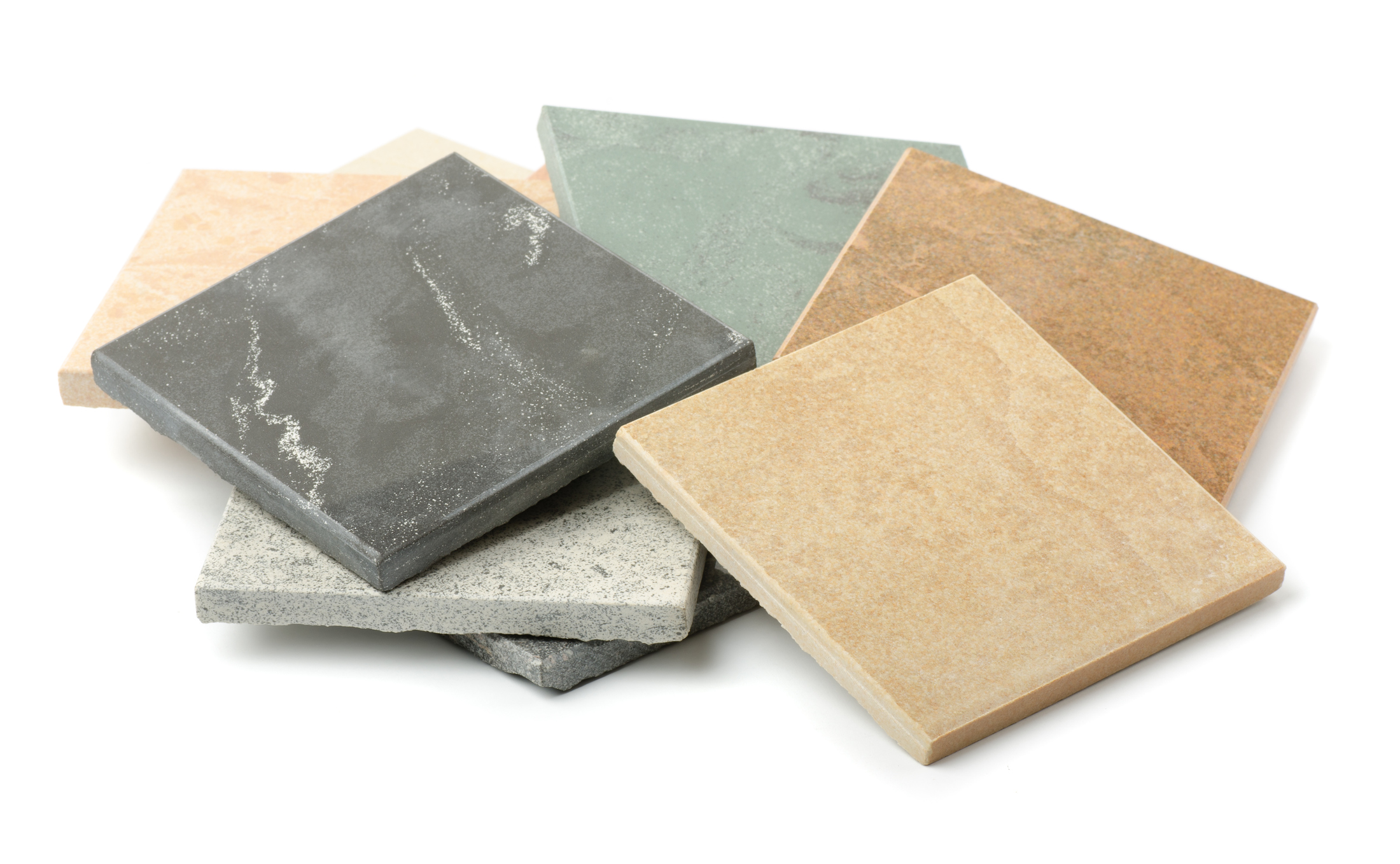What is it about an accent wall that makes people refer to it as a “wonder wall”?
An accent wall is an emphasized wall in a room that has been designed to attract attention from adjacent walls. The simplest (and cheapest) option to go about an accent wall is by means of paint, though some may opt for wallpaper or tile. Homes with accent walls add a surprise element to a room and define an area of space that deserves attention.
Choosing the right wall
Experts say that the first wall you see upon entering a room is typically the accent wall. In many cases, the wall will have a fireplace or a built-in bookshelf, or something that suggests it is the focal point of the room. In this case, you want to accent that wall by emphasizing the central point with a background color.
Choosing the right color
Color accent walls can add depth and dimension to a room, and make a room seem bigger, warmer, or brighter. If a room is large, consider using warm colors to make the room appear more welcoming, or if the space is smaller, a lighter color can make a room look more spacious. You can visually enlarge or shrink a room by choosing the right color for your room.
Light reflections
Remember to think about how lighting affects the color of a wall. The color you choose may change depending on light sources that reflect on walls. For example, incandescent lights will have a different influence in comparison to natural lighting against walls. Different light sources can affect color choices, so don’t forget to experiment with lighting against colored walls.
Tinting the ceiling
Typically, wonder-walls function independently of the ceiling, as they usually remain white. However, by adding a few drops of the wall color paint to a can of ceiling paint, you are able to slightly tint a ceiling. This subtle color scheme can make for a perfect ceiling finish to compliment an accent wall.
How to do it yourself
Painting an accent wall is an easy home improvement or do-it-yourself project. All that is needed is a short list of low-cost products, including:
-
- Painter’s tape
-
- Paint (with primer)
-
- Tarp
-
- Roller and brush
-
- Putty and scraper
-
- Sandpaper
The directions are simple: tape off the desired wall, spread tarp across the floor, fill any holes or cracks on the wall, sand and smooth out the surface, then paint the accent wall using zigzag strokes.
Painting an accent wall is a great DIY project for anyone to tackle over a weekend or even a few hours. What is your take on the one-wall wonder? Is an accent wall an overstatement, an understatement, or a room well-balanced?
 Facebook
Facebook
 X
X
 Pinterest
Pinterest
 Copy Link
Copy Link

